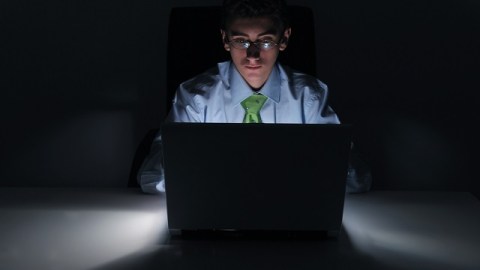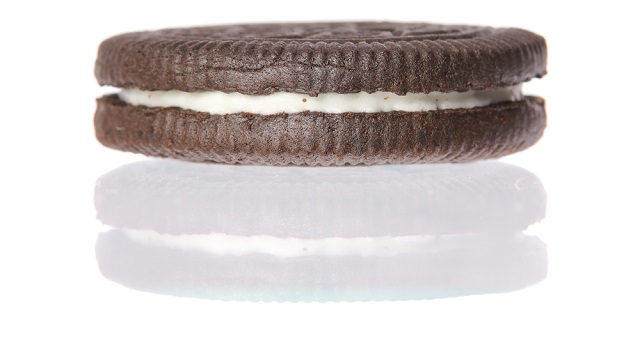How Being A Night Owl Can Be Hazardous To Your Health

What’s the Latest Development?
Till Roenneberg, a professor of chronobiology at Munich’s Ludwig Maximilian University, says that everyone has a unique circadian rhythm or “chronotype” that determines their ideal times of day for waking and sleeping. However, most people struggle to align their schedules to those chronotypes, and those who have a “late” chronotype and are forced to wake up earlier than they normally would may experience what Roenneberg calls “social jet lag.” Such people are especially affected by typical work schedules, which start earlier, and are more prone to obesity and depression, among other issues.
What’s the Big Idea?
Several different studies describe how chronotypes and the ability to adjust to them can impact physical and mental health. One of them, published in Chronobiology International earlier this year, involved examining test subjects’ DNA. The researchers found that activity in certain genes contributed to their falling asleep later, lending further proof that waking and sleeping patterns may be genetically determined. Regardless of chronotype, the end of Daylight Savings Time seems to improve sleep for everyone, says Roenneberg.
Photo Credit: Shutterstock.com




